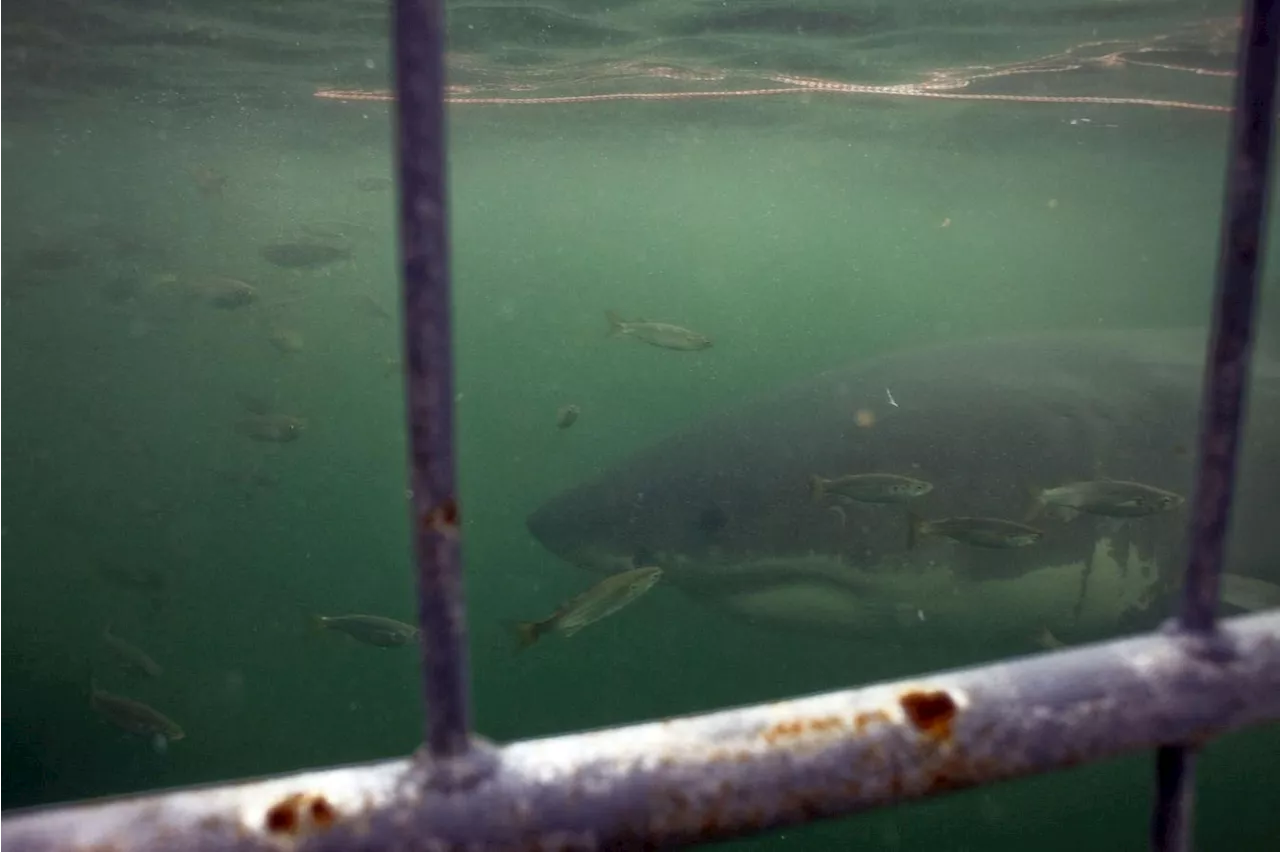Melissa Cristina Márquez is a science communicator, author, wildlife educator, and marine scientist. She specializes in marine biology, conservation, and ocean exploration, with a particular focus on sharks and other marine predators.
Beyond their fearsome reputation, sharks play a crucial ecological role, balancing marine ecosystems and supporting economies worldwide. However, these predators face a myriad of threats, from overfishing to habitat destruction, pushing many species to the brink of extinction. Shark-based tourism, encompassing activities such as viewing, snorkeling, and diving with sharks, serves as a multifaceted tool for both economic development and shark conservation efforts.
Economically, it stands as a significant draw for tourists, generating substantial revenue for destinations worldwide. Countries like Fiji, Australia, and the Bahamas have reaped financial benefits, with revenues reaching millions of dollars annually. The industry offers alternative livelihoods to traditional fishing practices, fostering economic diversification in coastal communities.
Over the course of two years , researchers surveyed 294 divers across three key locations in South Africa and Mozambique, employing sophisticated statistical analyses to unravel the complex interplay of variables at play. The study revealed that perceived shark uniqueness, the relatability of sharks to human experience, and shark knowledge all wielded a significant influence on attitudes towards shark-based tourism.
Attitudes towards shark framing, or how sharks are portrayed and discussed in media and public discourse, emerged as a critical mediator between perceptions of sharks and support for conservation efforts. Essentially, how sharks are portrayed and perceived influences one’s willingness to support conservation efforts. This particular finding, the authors argue, underscores the importance of thoughtful and informed communication in shaping public perceptions and fostering conservation initiatives.
With these new insights, the researchers put forth a series of recommendations aimed at bolstering shark conservation efforts in the region. From educational initiatives to immersive shark interactions and destination branding, they believe there exists a wealth of opportunities to ignite passion and pride in sharks here, ultimately fostering a culture of support and advocacy for their protection.
Sharks Shark Ecotourism Scuba Diving Great White Shark Cage Diving
United States Latest News, United States Headlines
Similar News:You can also read news stories similar to this one that we have collected from other news sources.
 Ask Sahaj: I don’t want advice from my friend who’s never been in a relationshipShe thinks her friend — who has never been in a relationship — gives overly critical relationship advice.
Ask Sahaj: I don’t want advice from my friend who’s never been in a relationshipShe thinks her friend — who has never been in a relationship — gives overly critical relationship advice.
Read more »
 Ask Sahaj: I don’t want advice from my friend who’s never been in a relationshipShe thinks her friend — who has never been in a relationship — gives overly critical relationship advice.
Ask Sahaj: I don’t want advice from my friend who’s never been in a relationshipShe thinks her friend — who has never been in a relationship — gives overly critical relationship advice.
Read more »
 Exploring our internal world by mentally navigating cognitive maps.Self-exploration has always been key to psychological growth, but the talk about it remains on the folk level. Here's what modern neuroscience has to say.
Exploring our internal world by mentally navigating cognitive maps.Self-exploration has always been key to psychological growth, but the talk about it remains on the folk level. Here's what modern neuroscience has to say.
Read more »
 Why Criminal Minds Intentionally Avoids Exploring Certain Cases'Criminal Minds: Evolution' executive producer Erica Messer exclusively told Us Weekly what topics the show doesn't explore too much — and why
Why Criminal Minds Intentionally Avoids Exploring Certain Cases'Criminal Minds: Evolution' executive producer Erica Messer exclusively told Us Weekly what topics the show doesn't explore too much — and why
Read more »
 TRANSFER PORTAL: Fresno State DL Dupre Mendoza Exploring OptionsThe transfer portal window opens for Fresno State players following Jeff Tedford stepping down
TRANSFER PORTAL: Fresno State DL Dupre Mendoza Exploring OptionsThe transfer portal window opens for Fresno State players following Jeff Tedford stepping down
Read more »
 Exploring The Wildlife of The OutbackDiscover the untamed beauty of Australia's Outback, where unique and diverse wildlife thrives in a rugged landscape.
Exploring The Wildlife of The OutbackDiscover the untamed beauty of Australia's Outback, where unique and diverse wildlife thrives in a rugged landscape.
Read more »
